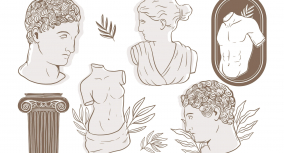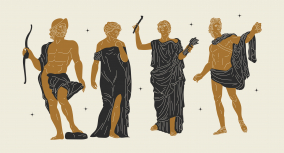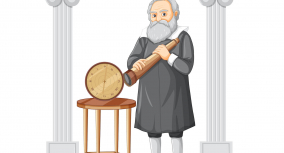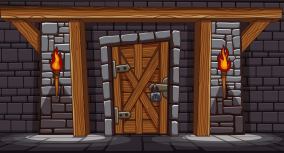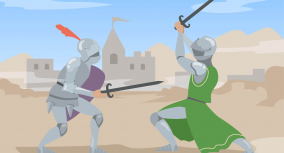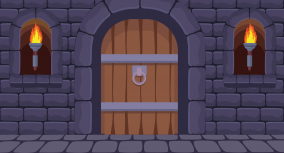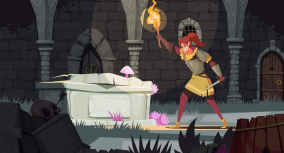After Haemon does his best to talk Creon out of the idea of punishing Antigone, nothing changes. The king is still not ready to take his words back and even comes up with a new way to make Antigone pay for her crime. Creon orders the guards to build a tomb and put Antigone there alive.
Throughout the whole play, Sophocles keeps reminding the audience that Creon is quite stubborn. The king is not planning on changing his mind about Antigone’s punishment. He sees himself as the absolute powerhouse and authority, so anyone who dares to break his rules must pay. It includes his future daughter-in-law. For Antigone, family relations and the gods are more important than the laws. She decides to bury Polynices, even though she knows her life would be the price.
Creon, on the other hand, stands for his words and neglects any connections to Antigone after she commits that crime. He condemns her to death. When Haemon visits his father to change his mind, it appears that Creon does not even want to listen to his son’s advice. Not only the king refuses to stop the execution; he even comes up with a new way to punish Antigone. He tells the guards to build a tomb and lock the girl in it. Once again, it shows that Creon is blinded by his pride, and he cannot see how it destroys his whole family. Only by the end of the play, he realizes that he was wrong, but it is already too late. Antigone’s suicide triggers the chain of other deaths, and Creon lives to regret his first decision.
Thank you for reading this article! If you are looking for essay title ideas on Antigone, take a look at our essay topic collection or try using our title-generating tool.
